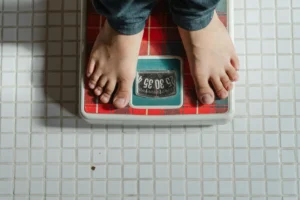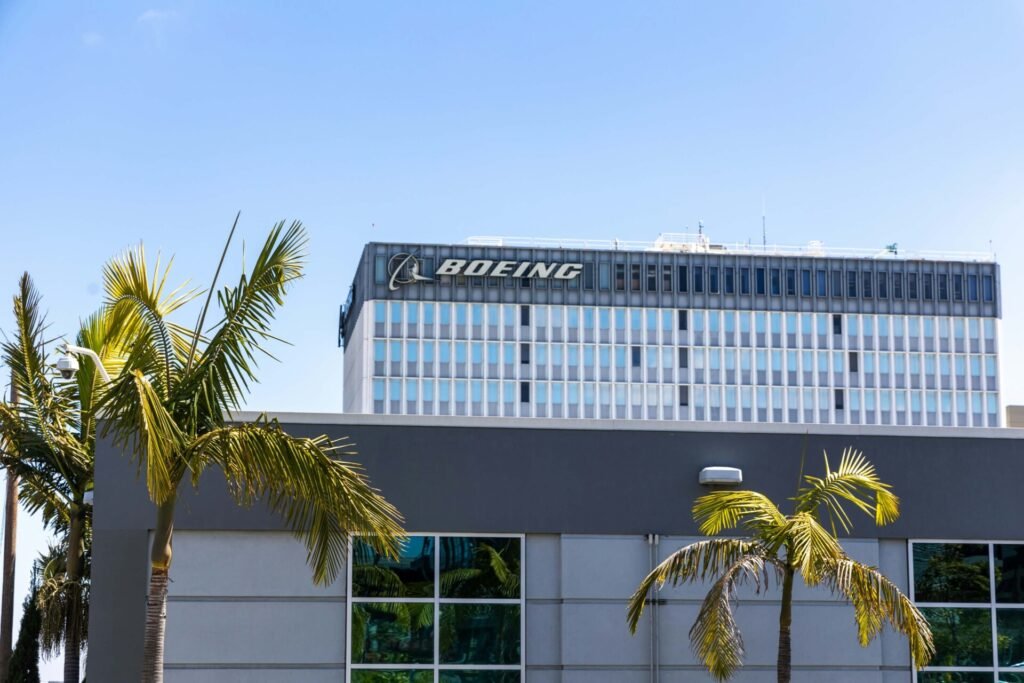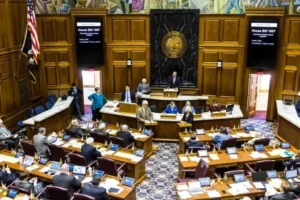U.S. District Judge Reed O’Connor struck down Boeing’s plea deal, which would have allowed the company to admit guilt for deceiving regulators. The agreement was related to the 737 Max jetliner crash, which involved 346 people and included a $243 million fine and independent monitoring.
The rejected deal would have resolved Boeing’s criminal fraud charges for misleading the Federal Aviation Administration about the 737 Max’s flight control system. According to prosecutors, there is insufficient evidence to directly connect Boeing’s actions to the 2018 and 2019 crashes.
Judge O’Connor, however, took issue with the terms of the agreement, especially those that gave Boeing discretion over the choice of an impartial compliance monitor. Families of the victims celebrated the decision, describing the agreement as insufficient accountability for Boeing’s actions.
Paul Cassell, a lawyer representing the victims’ families, said the ruling marked a victory against backroom deals that bypass the families’ concerns. “Judge O’Connor has recognized that this was a cozy deal between the government and Boeing that failed to focus on the overriding concerns — holding Boeing accountable for its deadly crime,” he said.
The Department of Justice and Boeing only have 30 days to renegotiate the deal or proceed to trial, creating uncertainty for the company. Furthermore, the families demand stronger penalties and full prosecution, emphasizing the seriousness of Boeing’s crimes.
While hiring the independent monitor, Judge O’Connor expressed concerns over diversity, equity, and inclusion in DEI requirements. He argued such policies undermine public confidence in government and corporate ethics. The judge also criticized Boeing’s influence on the process, calling for more transparent and merit-based selection criteria.
The 737 Max crashes linked to Boeing’s flawed MCAS flight control system pushed the company into a safety crisis. In January, a separate incident involving a Boeing plane reignited scrutiny over its manufacturing standards. Families of the victims believe the company’s actions downplayed the severity of the situation by prioritizing profit over passenger safety. However, Boeing’s plea deal rejection will force the company to face accountability and reconsider its safety practices.










